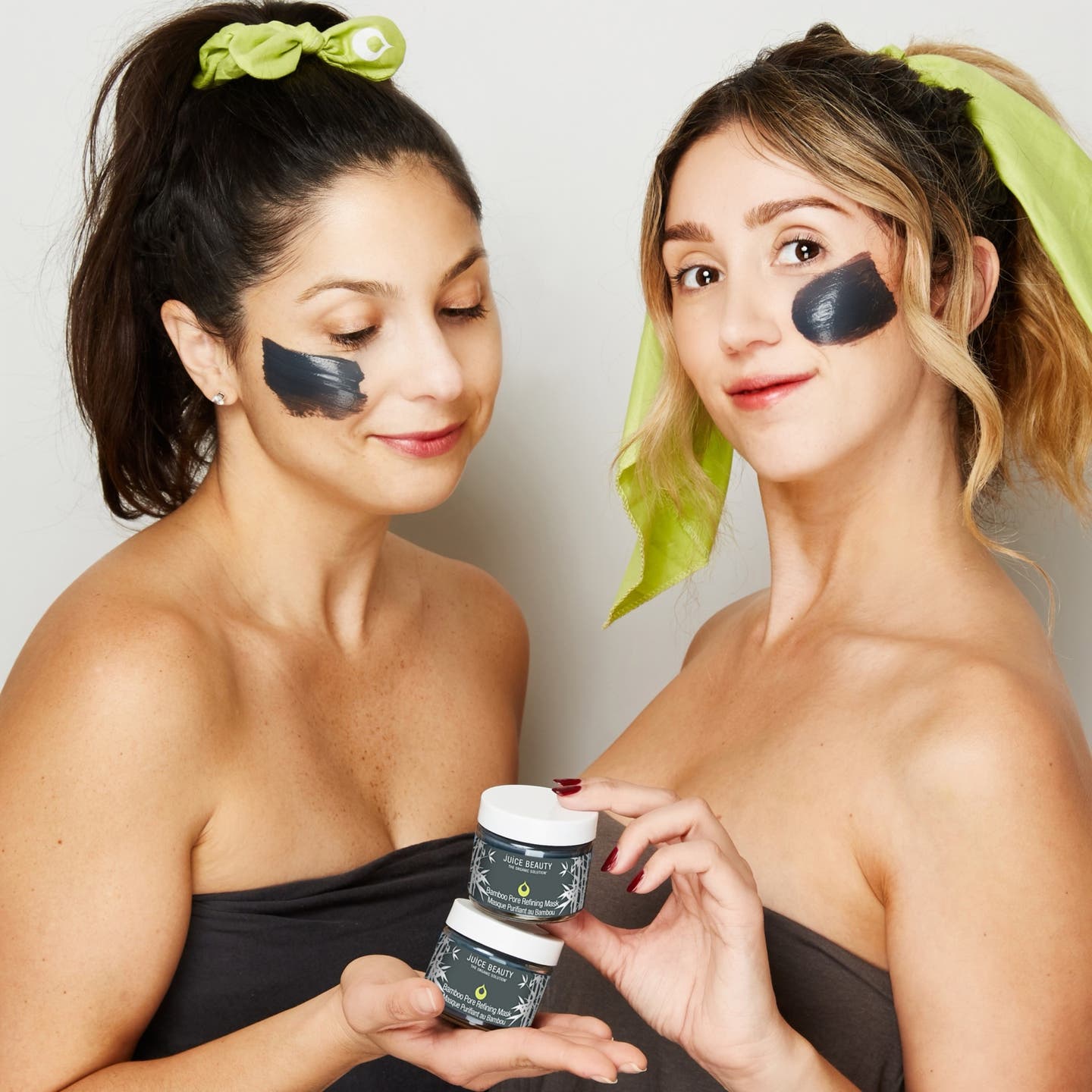Scientists develop new anti-acne cosmetics using bamboo vinegar
Explore bamboo vinegar’s anti-acne potential and bamboo charcoal’s role as a carrier in sustainable cosmetic innovations.

Bamboo vinegar and bamboo charcoal are transforming anti-acne skincare through refined processing and innovative slow-release systems. (CREDIT: CC BY-SA 4.0)
Bamboo vinegar, a liquid derived from bamboo under high temperatures in oxygen-free conditions, holds a complex chemical composition. It contains over 200 organic components, including organic acids, phenols, ketones, alcohols, and esters, with acetic acid being the primary constituent.
This versatile substance has been recognized as a cosmetic raw material by regulatory authorities in China, yet commercially available bamboo vinegar often harbors impurities that hinder its practical application in skincare products.
Among its challenges are phenolic compounds and aromatic hydrocarbons—known carcinogens and mutagens that pose health risks.
Despite these concerns, bamboo vinegar demonstrates significant anti-acne potential. Its ability to inhibit Propionibacterium acnes (P. acnes), the microorganism linked to the inflammatory response in acne vulgaris, makes it an intriguing candidate for cosmetic formulations.
Traditional acne treatments often rely on antibiotics such as tetracycline, erythromycin, and doxycycline. However, growing concerns over antibiotic resistance have prompted researchers to explore natural alternatives like bamboo vinegar.
Recent findings published in the Journal of Dermatologic Science and Cosmetic Technology detail innovative research on bamboo vinegar's application in cosmetics. Led by Sheng Zhang from Central South University of Forestry and Technology in China, the study examined bamboo vinegar's inhibitory effects on P. acnes and the efficacy of bamboo charcoal as a slow-release carrier.
“Bamboo vinegar was refined through reduced-pressure distillation, which increased the content of organic acids, reduced tar content, and enhanced active ingredients while minimizing harmful components,” explains Zhang.
This process transforms bamboo vinegar into a safer, more effective material for cosmetic use, addressing previous concerns about toxicity and impurity.
Related Stories
Bamboo Charcoal: A Multifunctional Carrier
Bamboo charcoal, a product of bamboo pyrolysis, emerges as an ideal companion to bamboo vinegar due to its adsorption and slow-release properties. Recognized as a cosmetic raw material, bamboo charcoal enhances bamboo vinegar's usability by acting as a loading material.
The research team demonstrated that activated bamboo charcoal could effectively adsorb refined bamboo vinegar, creating a stable system that gradually releases its components over time.
In experiments, the bamboo charcoal-bamboo vinegar complex exhibited controlled-release behavior. In water, 70.57% of its active ingredients were released within 15 minutes, followed by a slower, sustained release that extended beyond two hours. This aligns with the Ritger-Peppas model, which supports prolonged efficacy while reducing potential skin irritation.
“This controlled-release system demonstrates the potential for reducing skin irritation and extending the bacteriostatic duration,” notes Zhang. Such properties make the bamboo charcoal-bamboo vinegar complex a compelling candidate for anti-acne products, where prolonged activity and minimized side effects are essential.
Expanding Horizons in Bamboo Vinegar Applications
Beyond its potential in treating acne, bamboo vinegar may hold additional benefits for skincare. Zhang’s team suggests future studies to explore its anti-dandruff, anti-wrinkle, and other cosmetic properties.
As researchers refine the purification processes and expand the understanding of bamboo vinegar’s bioactive components, its role in skincare may continue to grow.
Although bamboo vinegar's inherent impurities have previously limited its cosmetic applications, advanced refinement techniques and innovative delivery systems like bamboo charcoal are changing the narrative.
By leveraging its natural properties, researchers are unlocking its potential as a sustainable and effective ingredient in anti-acne cosmetics.
Zhang concludes, “The findings present a novel concept for anti-acne cosmetics and lay the groundwork for further research into bamboo vinegar slow-release systems with bamboo charcoal as a carrier.”
As natural alternatives gain traction in the cosmetic industry, bamboo vinegar and charcoal exemplify the promise of science-driven innovation in delivering safe, effective skincare solutions.
Note: Materials provided above by The Brighter Side of News. Content may be edited for style and length.
Like these kind of feel good stories? Get The Brighter Side of News' newsletter.
Rebecca Shavit
Science & Technology Journalist | Innovation Storyteller
Based in Los Angeles, Rebecca Shavit is a dedicated science and technology journalist who writes for The Brighter Side of News, an online publication committed to highlighting positive and transformative stories from around the world. With a passion for uncovering groundbreaking discoveries and innovations, she brings to light the scientific advancements shaping a better future. Her reporting spans a wide range of topics, from cutting-edge medical breakthroughs and artificial intelligence to green technology and space exploration. With a keen ability to translate complex concepts into engaging and accessible stories, she makes science and innovation relatable to a broad audience.



